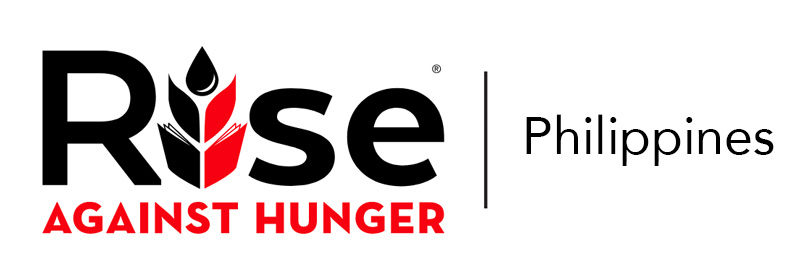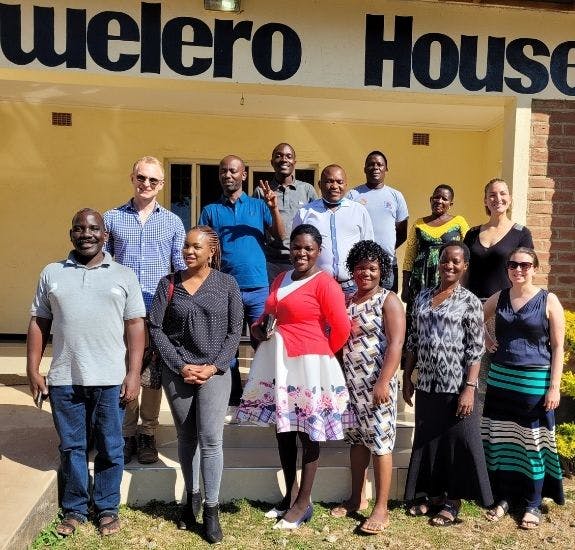Malawi ranks 80th out of 107 countries on the Global Hunger Index, with a hunger level of “serious.” In 2020, almost 19% of the population was undernourished and 39% of children under 5 were stunted. Although stunting is measured by low height-for-age, it is indicative of severe growth setbacks. Poor development of the immune, skeletal and neurological systems often exist alongside stunting. These setbacks can be irreversible and last throughout a child’s life. Therefore, helping to end malnutrition in Malawi, in all its forms, is critical.
In 2019, Rise Against Hunger and Foundation for Community Support Services (FOCUS), our in-country partner, launched the Harvesting Prosperity and Resilience project in the Karonga and Mzimba districts in northern Malawi. One of Rise Against Hunger’s five Empowering Communities projects, Harvesting Prosperity and Resilience works with smallholder farmers to improve their nutrition security and supports participants to practice climate-smart and nutrition-sensitive agriculture, increasing the availability of plant-based and animal-sourced foods.
In 2020, we worked with FOCUS to develop and execute a nutrition survey to better understand the nutritional status of the communities. The survey revealed that malnutrition is a persistent problem. Dietary diversity is low due to beliefs, food costs, convenience and year-round access. For the Harvesting Prosperity and Resilience project, it was clear that using the Care Group Model – an approach where experts train local leaders, often in 1-on-1 sessions, to spread information across several households – would be pivotal to spread nutrition messaging across more communities that would then address food and nutrition security and create sustainable changes. A field visit to the project would enable us to observe current success, plan for the project’s expansion and attend training on the Care Group Model.
Traveling to meet with our implementation partners – something that was difficult to do in 2020 – and work with project participants is typically an important step in the implementation of our Empowering Communities projects. But, by following government policies and guidelines and taking several measures for the health and safety of both ourselves and those we’d be seeing in Malawi, we were able to safely travel to visit the Harvesting Prosperity and Resilience project this June. Three Rise Against Hunger team members packed bags and headed to Karonga, Malawi: Kristen Wassil, the project manager, Lance Morrison, our Monitoring & Evaluation Manager, and myself, the Nutrition Technical Advisor.
We started off by meeting with FOCUS, our implementation partner for Harvesting Prosperity and Resilience, and visited with local farmers participating in the project. When asked about their time in the project and how they felt about it, their responses were overwhelmingly positive with a deep hunger for more. More training. More success. More growth. These farmers had vision for business and bettering their lives and families.
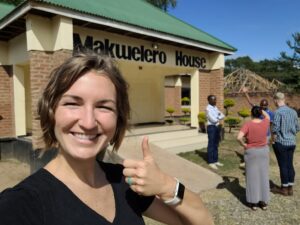
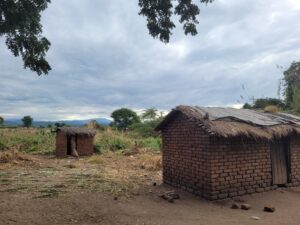
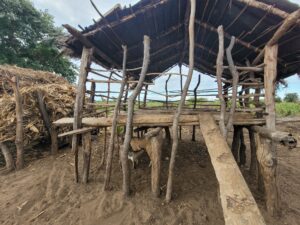
Left: The FOCUS office where the local Project Manager and Nutritionist give us a tour. Middle: A typical village where our project takes place. Right: A goat corral to protect them from predators.
With only three weeks on-site, we used every day to learn about the communities, their concerns and joys, and their wants and needs. We attended a Care Group Model training led by government and Food and Agriculture Organization nutritionists (below). The curriculum focused on best implementation practices, monitoring and evaluation of the program, an overview of training topics and visits to nearby Care Groups.
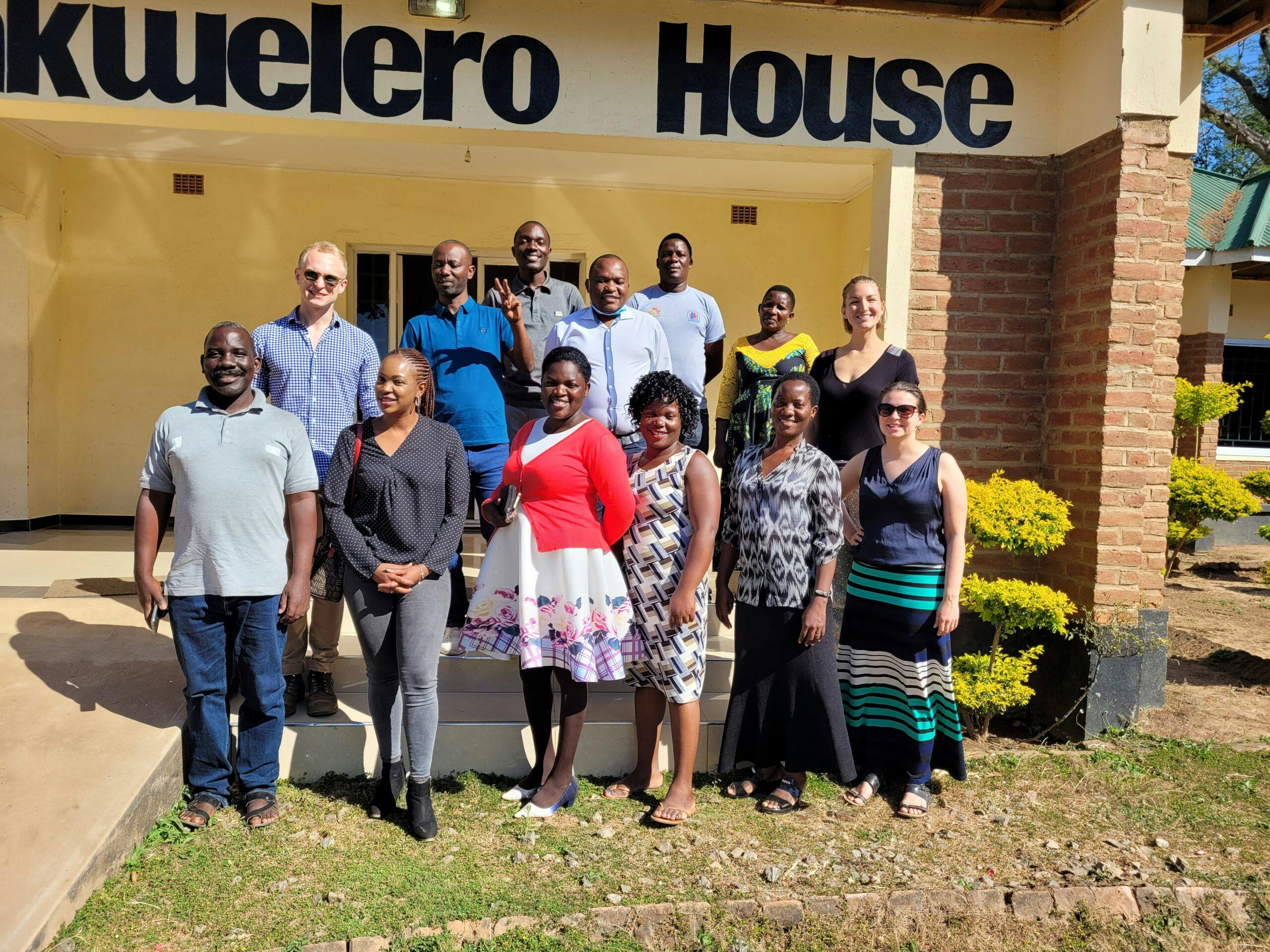
The Care Group Model focuses on WASH (water, sanitation, hygiene); integrated homestead farming; micronutrient nutrition; maternal, infant and young child health; and growth monitoring and promotion. These topics are covered in 1-on-1 household visits from a trained village volunteer called a Cluster Leader. Research shows that when husbands, mothers-in-law and other extended family members are included in these visits, nutrition and health outcomes improve. Women feel supported, which makes practicing the desired behavior easier. We heard this echoed by the women in our Harvesting Prosperity and Resilience project, too. We conducted a focus group with women participants to hear about their experiences in the project and see what barriers women face. In these communities, it is common for women to do the majority of the household chores, childcare and harvesting. In the focus group, we heard an overwhelming plea from these women to engage men and encourage gender equity.
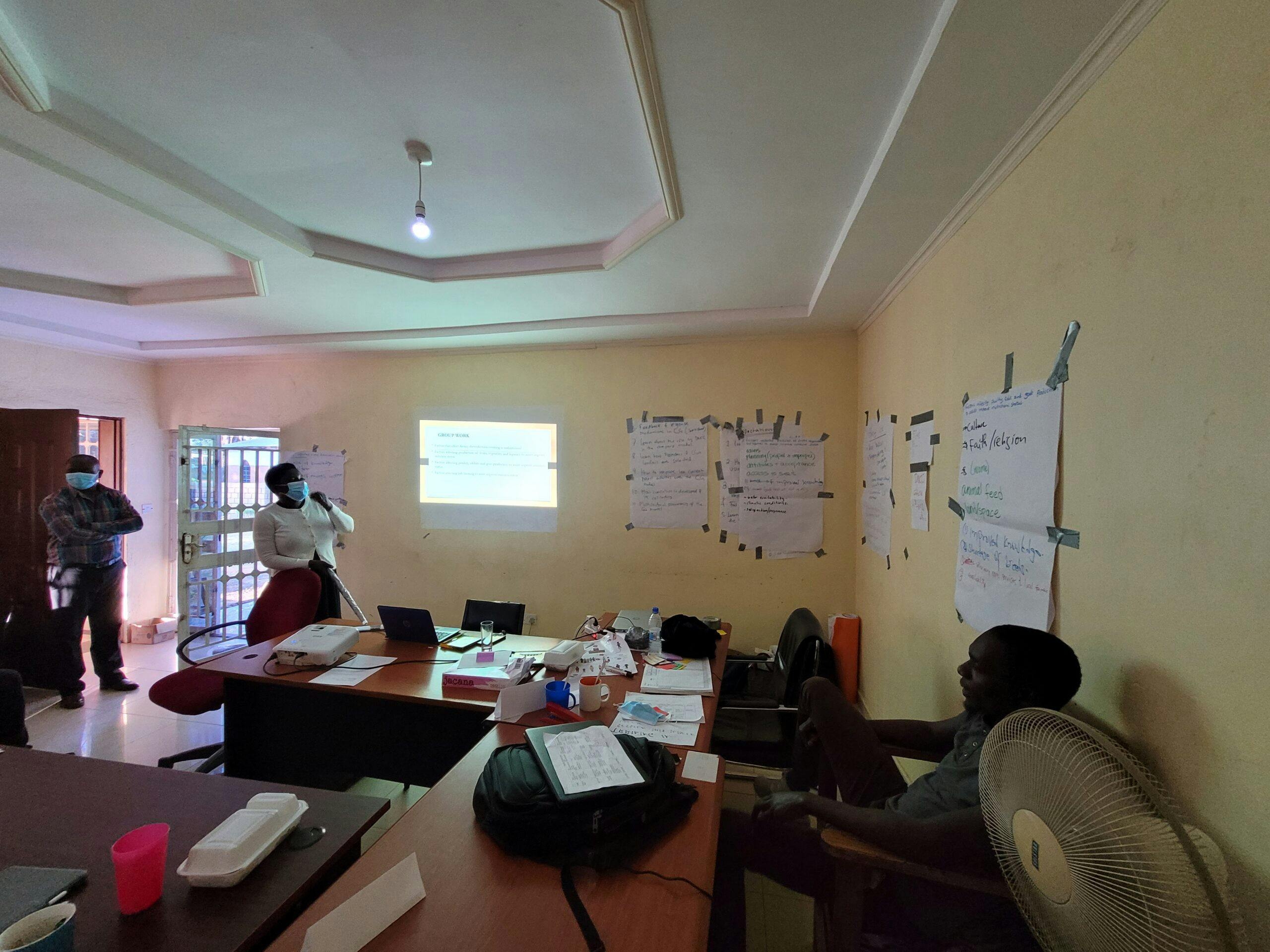
After learning the principles of the Care Group Model, the Rise Against Hunger and FOCUS teams created a detailed plan for integrating the Care Group Model with the project’s other approaches. We spent hours reviewing budgets, goals, frameworks and strategies. We challenged ourselves to think through the details and remain human-centered. Once we felt confident in our approach, we discussed exactly how we would implement the plan and who would be responsible. Creating this plan had been a key reason for our trip, as it was an important next step to ensure the Harvesting Prosperity and Resilience participants were empowered and supported in their project.
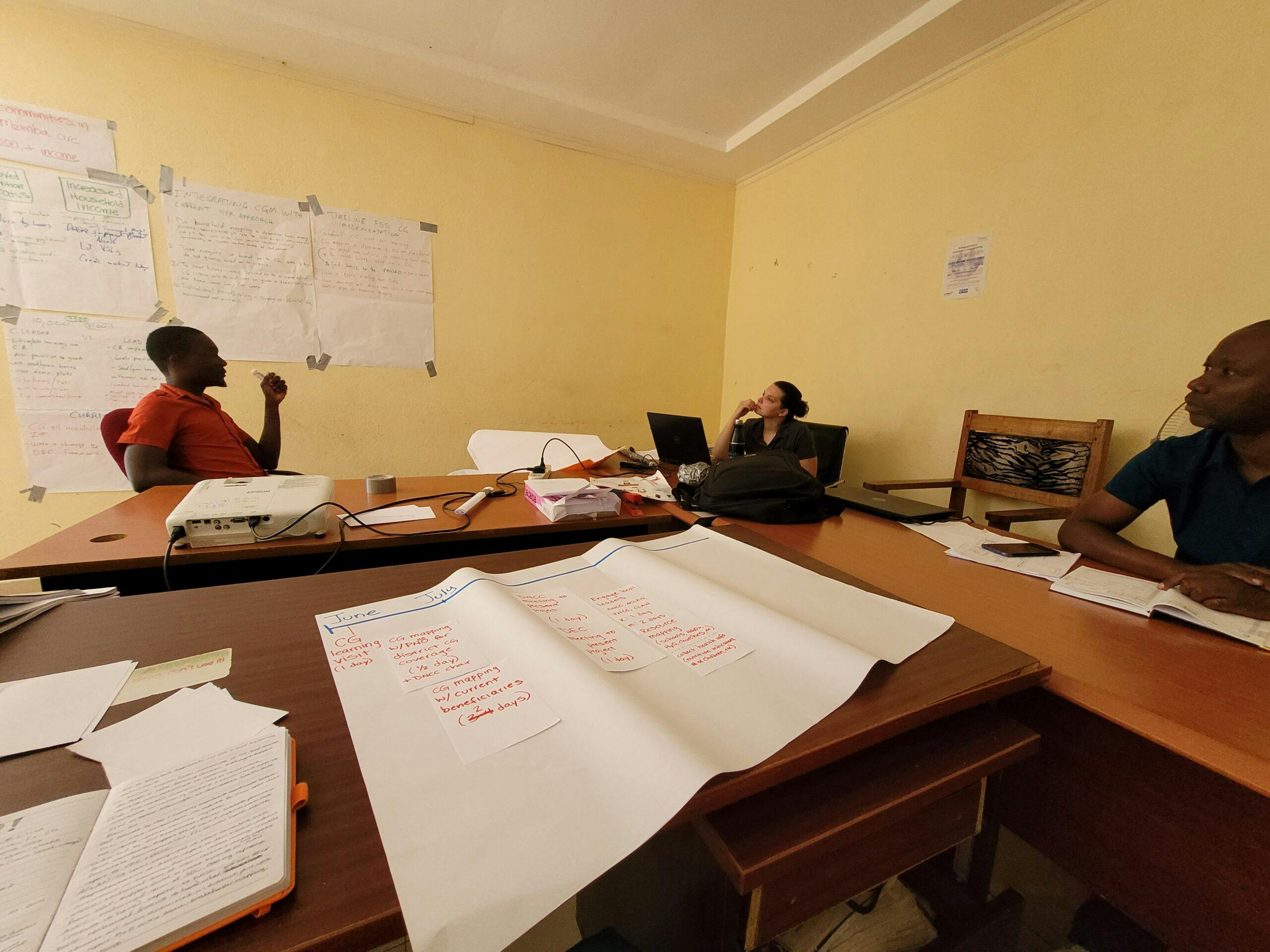
Since the trip, the Rise Against Hunger team has regular check-ins with the FOCUS team to discuss the plan’s progress. FOCUS has conducted meetings with various committees to engage and receive feedback from multiple stakeholders, which strengthens government and village structures, increasing buy-in and ensuring the project’s success. The goal is for these positive behaviors to continue long after we have left Malawi.
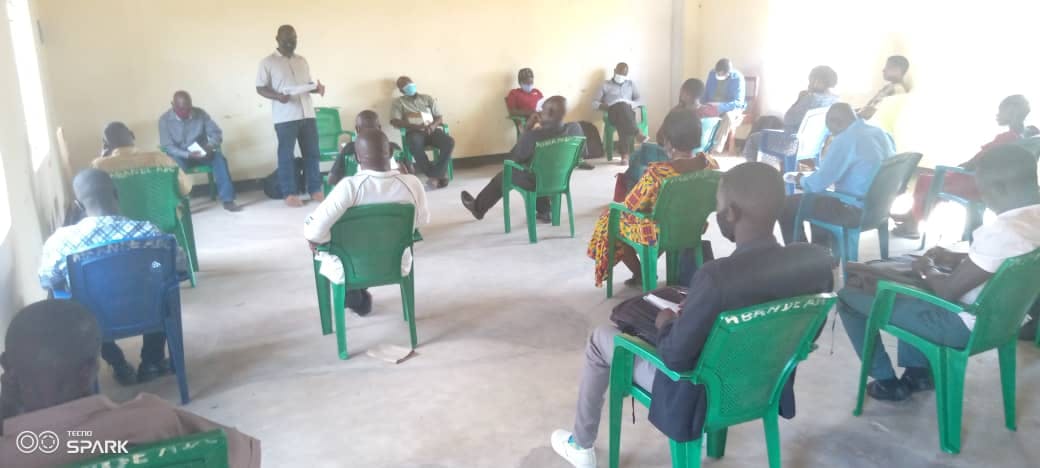
Currently, the FOCUS team is training the Promoters who will then train village volunteers (Care Group Cluster Leaders) to conduct household visits and train on nutrition skills and knowledge.
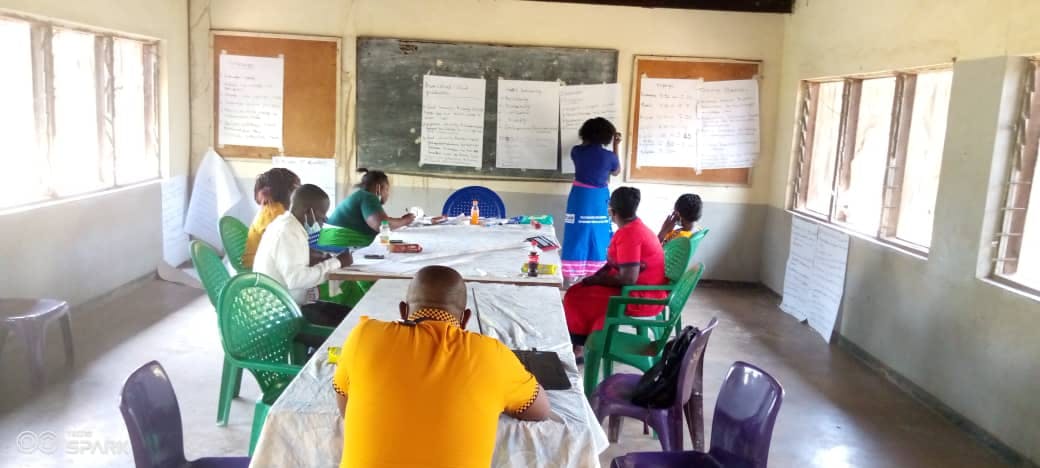
As the Harvesting Prosperity and Resilience project and the plan based on the Care Group Model progresses, we hope to see improvements in nutrition skills and knowledge as well as increased resilience to shocks and life changes. Our ultimate goal is to see a thriving community where all members have the ability to pursue a long, healthy and happy life. We can’t wait to share more with you about Harvesting Prosperity and Resilience as the project continues, and we hope you’ll stay tuned! Tawonga chomene, Malawi!
Sources:
https://scalingupnutrition.org/about-sun/the-vision-and-principles-of-sun/
https://www.globalhungerindex.org/malawi.html
https://scalingupnutrition.org/about-sun/the-vision-and-principles-of-sun/Â
